Man is nothing else but what he makes of himself. Such is the first principle of existentialism
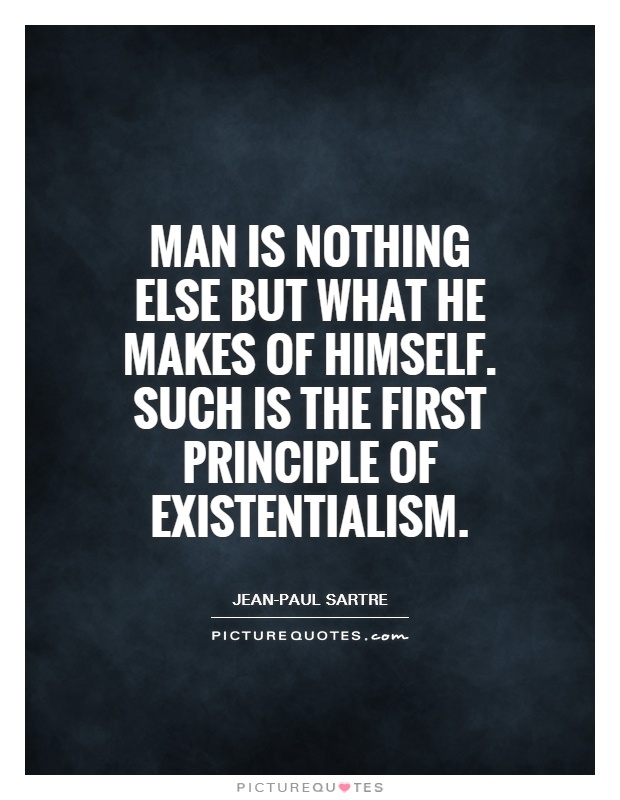
Man is nothing else but what he makes of himself. Such is the first principle of existentialism
Jean-Paul Sartre, a prominent figure in the existentialist movement, famously stated that "Man is nothing else but what he makes of himself. Such is the first principle of existentialism." This statement encapsulates the core belief of existentialism, which emphasizes individual freedom, responsibility, and the idea that humans create their own essence through their choices and actions.Sartre believed that human existence is characterized by a fundamental sense of freedom and responsibility. Unlike other philosophical perspectives that posit predetermined destinies or external forces shaping human behavior, existentialism asserts that individuals have the power to define themselves through their choices. This idea is encapsulated in Sartre's concept of "radical freedom," which posits that individuals are ultimately responsible for their own existence and must take ownership of their actions and decisions.
According to Sartre, this freedom can be both liberating and terrifying. On one hand, it offers individuals the opportunity to create their own meaning and purpose in life, to pursue their passions and desires, and to shape their own identities. On the other hand, it also means that individuals must confront the inherent uncertainty and responsibility that comes with making choices in a world devoid of inherent meaning or purpose.
Sartre's philosophy also emphasizes the idea of "bad faith," which refers to the tendency of individuals to deny their freedom and responsibility by conforming to societal norms, expectations, or external influences. By relinquishing their agency and autonomy, individuals fall into a state of self-deception and alienation, denying their true potential and authenticity.


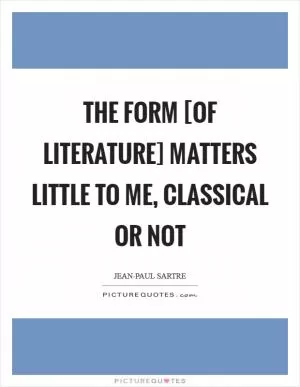
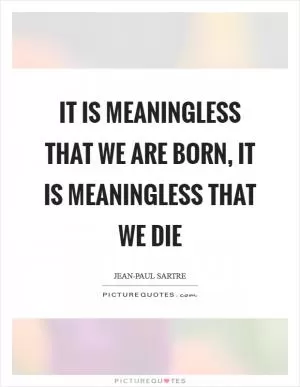



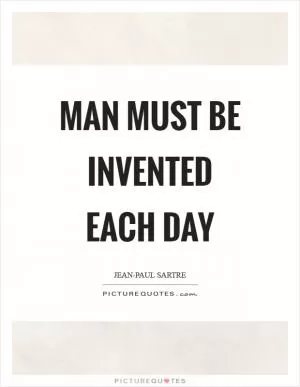
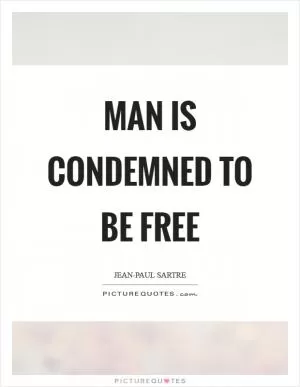
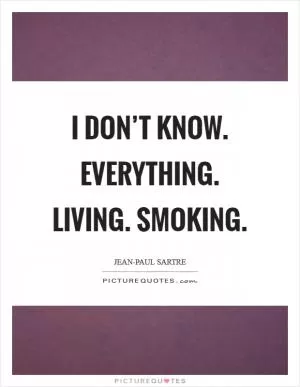
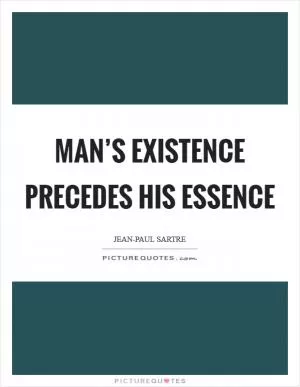
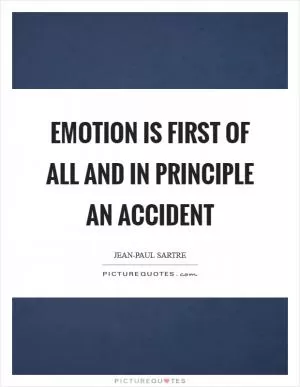
 Friendship Quotes
Friendship Quotes Love Quotes
Love Quotes Life Quotes
Life Quotes Funny Quotes
Funny Quotes Motivational Quotes
Motivational Quotes Inspirational Quotes
Inspirational Quotes